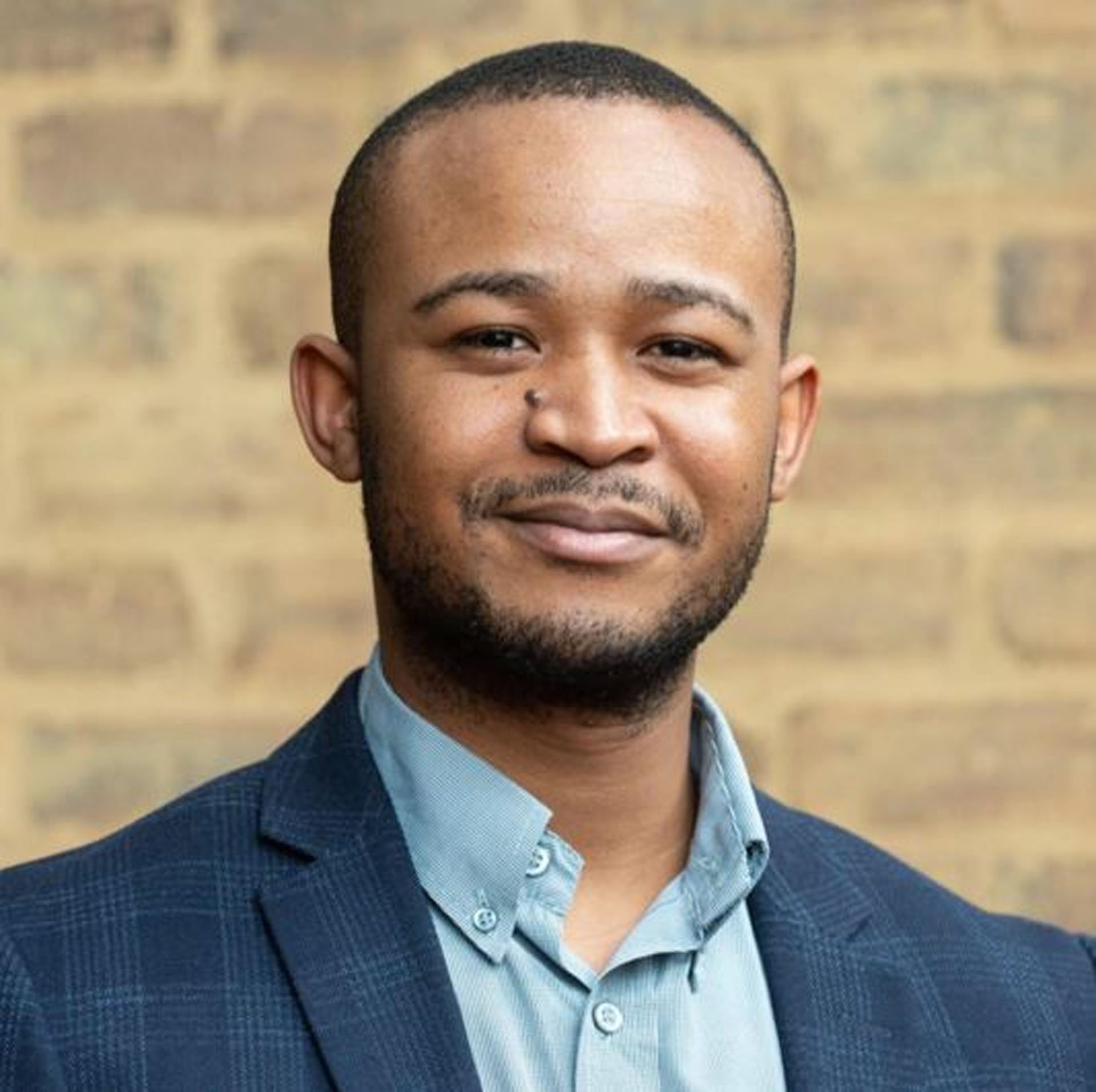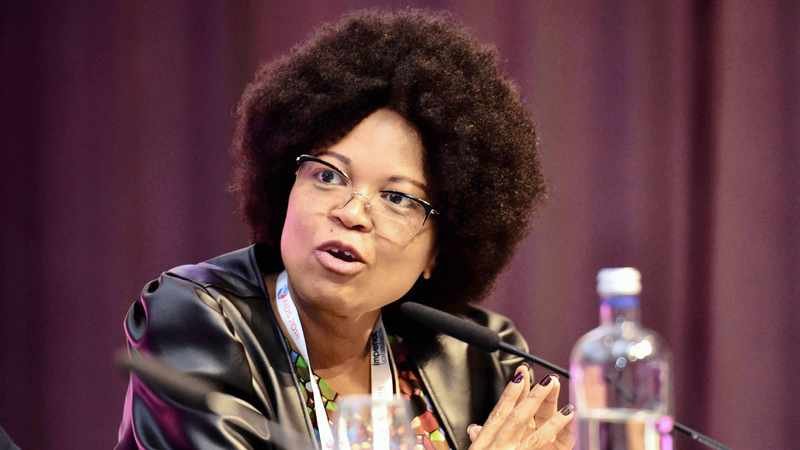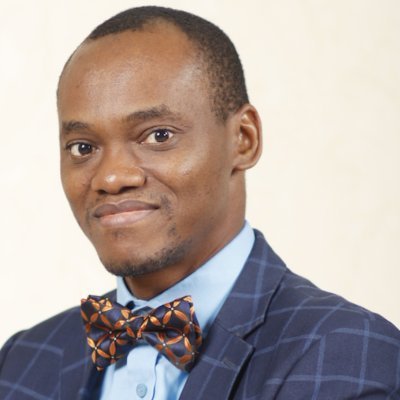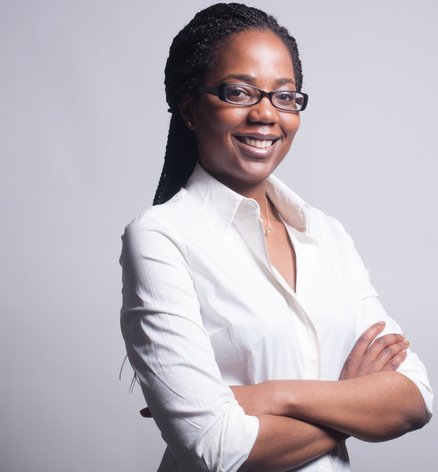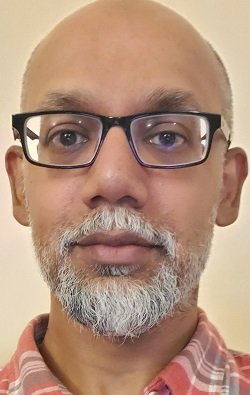Understanding Algorithmic and Societal Bias: Scientists and Advocates Discuss Data and Blackness
This blog is part of the 2022 series “The Future of Computational Social Science is Black” about SICSS-Howard/Mathematica, the first Summer Institute in Computational Social Science held at a Historically Black College or University. To learn more about SICSS-H/M’s inaugural start, read last year’s blog “Welcome SICSS-Howard/Mathematica 2021” or our first blog “Uncovering new keys to countering anti-Black racism and inequity using computational social science.” If you are interested in applying to participate in SICSS-H/M 2023, check out our website.
From virtual reality to the Internet of Things to pocketable artificial intelligences, it’s evident that we live in a time of change. SICSS-Howard/Mathematica speakers and panelists who presented at different points in the institute made it clear that change does not affect populations equally. An important theme of the institute was the exploration of how communities underrepresented in the research, development, and testing of new technologies are far more likely to be harmed than helped.
Dr. Brandeis Marshall
Dr. Brandeis Marshall, data entrepreneur and founder of data education firm DataedX, highlighted the need for transparency and accountability regarding digital systems and how they shape human interactions in her talk “Data Conscience: Algorithmic Siege on our Humanity.” In particular, she called attention to the foundations of any conversation surrounding data and race: “Everyone wants to talk about bias in one particular vein,” said Dr. Marshall, “they want to talk about it as statistical bias, as errors, they don’t necessarily want to talk about social injustice.” Her wheel model of how bias in data, algorithms, and business all act on each other emphasizes the importance of informed discussion regarding data in society.
The SICSS-Africa + African Descendants Inaugural Panel entitled “Interrogating Data Collection Methods Focused on African and African Descendants: Challenges and Opportunities” featured Dr. Bhaso Ndzendze, Senior Lecturer and Head of Department (Politics and International Relations) at the University of Johannesburg; Dr. Evans Osabuohien, Professor of Economics and Head of Department (Economics & Development Studies) at Covenant University; Lebogang Ramafoko, the Executive Director of Oxfam South Africa; Dr. Yahya Shaikh, Principal Scientist (Connected Health Systems) at MITRE; and was moderated by Susana Edjang, global development/humanitarian consultant and Mason Fellow at the Harvard Kennedy School of Government. Each brought their unique perspectives and experiences to the conversation, which centered around the inherently political nature of data. “Data is not neutral,” said Ramafoko, “data is political. Data is about who holds power. Data is about who holds the money for the data to be collected…if we do not look at the power differentials and the positionalities of the whose who collect data, we are only collecting the stories that will support a particular narrative and the story is never final if you don’t question your own positionality.” The panel called attention to the need for a critical inspection of how data is collected and interpreted and by whom, given that most prominent scientific journals and institutions are western-centric organizations and not necessarily suited to collecting or interpreting data from African populations. This theme of examining the positionality and bias of existing structures for data-based research and governance ran through the course of the conversation with Dr. Osabuohien adding, “Data can’t speak for itself. Data has no voice…[Data] is used to push agendas.”
The New Frontiers in Research and Technology panel entitled “The Future of Research & Equity in the Metaverse” included speakers Dr. Kyla McMullen, Assistant Professor at the University of Florida; Dr. André Brock, Associate Professor of Literature, Media, and Communication at Georgia Tech; Dr. Danielle M. Olson, AI/ML Human Factors Researcher at Apple, and was moderated by Naniette Coleman, Founder and Lead Organizer of SICSS-H/M and Sociology PhD candidate at the University of California, Berkeley. During the panel, each speaker shared their thoughts on the intersection of virtual reality and race, addressing the fact that some of the issues start with the development process. “Early adopters are usually white males, Democratic, straight…and the early adopters are basically the alpha testers,” explained Dr. McMullen. “They are the people who give feedback, but if they don’t look like us, we may not actually require whatever changes it is that they’re asking to fit this population that we weren’t even allowed to be part of.”
This panel also tackled the benefits and challenges that come with anonymity, online communities, and what it truly means to be Black in a virtual space. “I see little use in separating the virtual from the physical even when you’re in a virtual space, you’re still occupying a physical reality that is subject to being captured or apprehended by white supremacy…or misogyny [at any time],” said Dr. Brock, “...physicality will always take ascendency regardless of what virtual space you’re in.” The panel closed with a discussion of academia in the context of being Black with speakers providing advice and sharing their experiences in PhD and other higher education programs.
Harms caused by the non-inclusion of Black communities in data collection, interpretation, and application were a recurrent theme throughout these SICSS-Howard/Mathematica 2022 talks. Algorithms and technologies developed without the inclusion of underrepresented voices run a very real risk of perpetuating and reinforcing prejudices in virtual and societal spaces. The key to a more just and equitable future appears to be rethinking how digital systems are constructed, increasing transparency of how they interact with diverse populations, and having informed and focused conversations regarding data with impacted communities.
For more information about SICSS-Howard/Mathematica, check out our website, follow us on Twitter, like us on Facebook, and join our email list. Apply now!
About the authors
Naniette H. Coleman is a PhD candidate in the Sociology Department at the University of California, Berkeley and a UC-National Lab In-Residence Graduate Fellow (Los Alamos National Lab). Her work sits at the intersection of the sociology of culture and organizations and focuses on cybersecurity, surveillance, and privacy in the US context. Specifically, Naniette’s research examines how organizations assess risk, make decisions, and respond to data breaches and organizational compliance with state, federal, and international privacy laws. Since 2016, Naniette has directed the AAC&U award winning Interdisciplinary Research Group on Privacy/Coleman Research Lab at Berkeley. Naniette holds a Master of Public Administration with a specialization in Democracy, Politics, and Institutions from the Harvard Kennedy School of Government, and both an M.A. in Economics and a B.A. in Communication from the University at Buffalo, SUNY. A non-traditional student, Naniette’s prior professional experience includes local, state, and federal service, as well as work for two international organizations, and two universities.
Ash Tan earned his Masters in Information and Data Science, and bachelors in Data Science and Cognitive Science from the University of California, Berkeley. Ash served as a research assistant and data analyst in the AAC&U award-winning, Berkeley based Interdisciplinary Research Group on Privacy/Coleman Research Lab. He currently works as a data analyst at a nonprofit, nonpartisan think tank.





